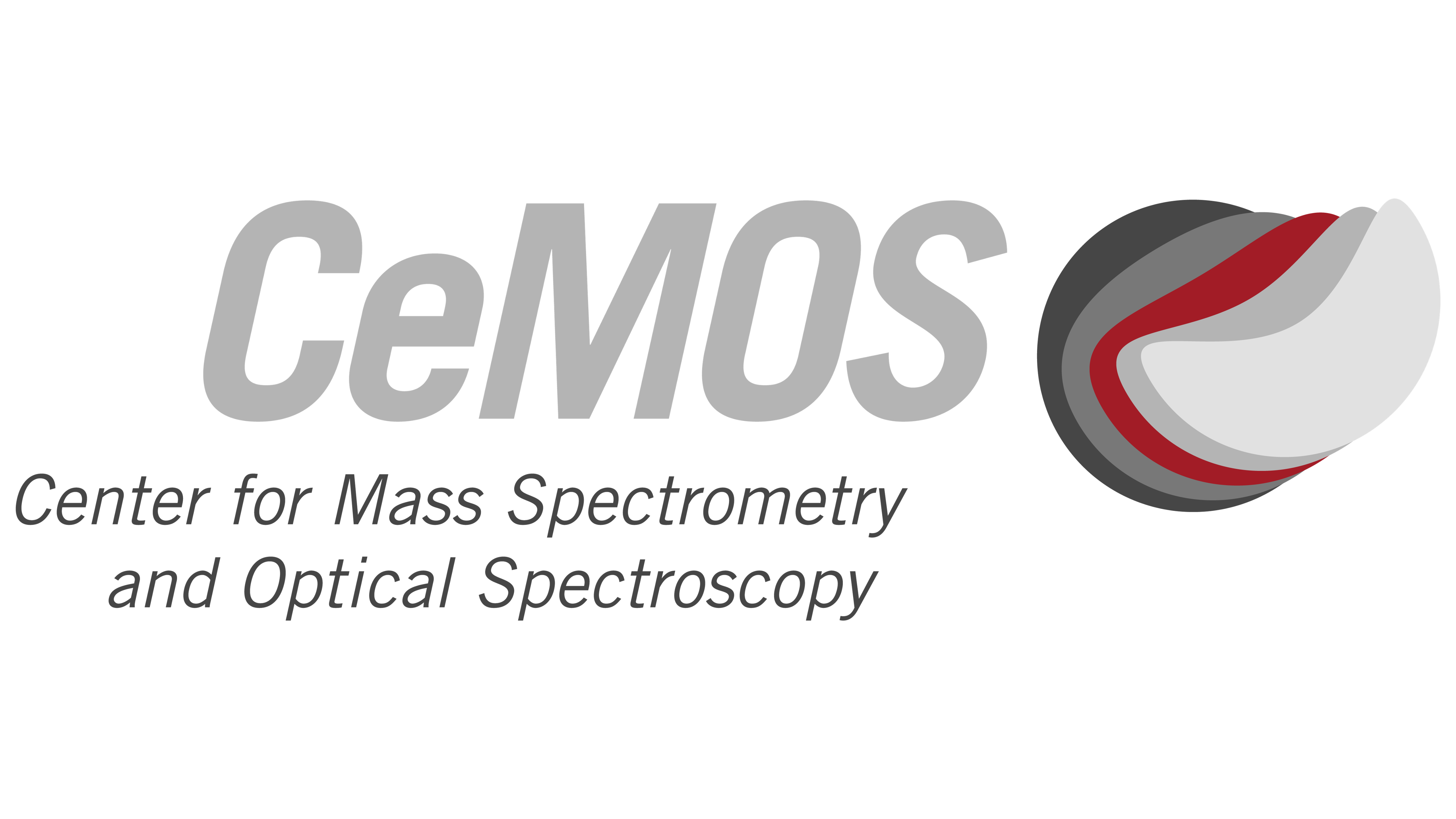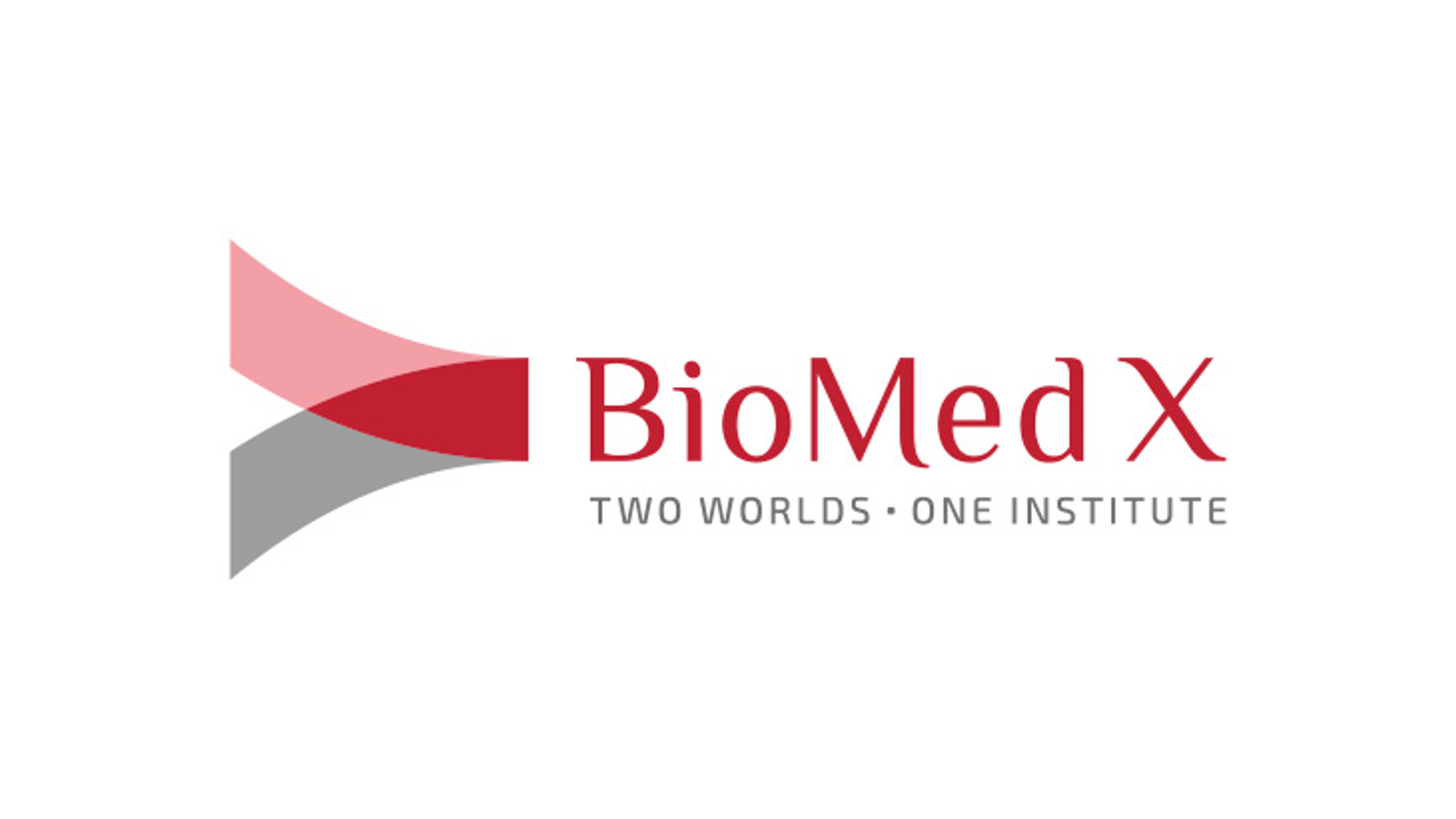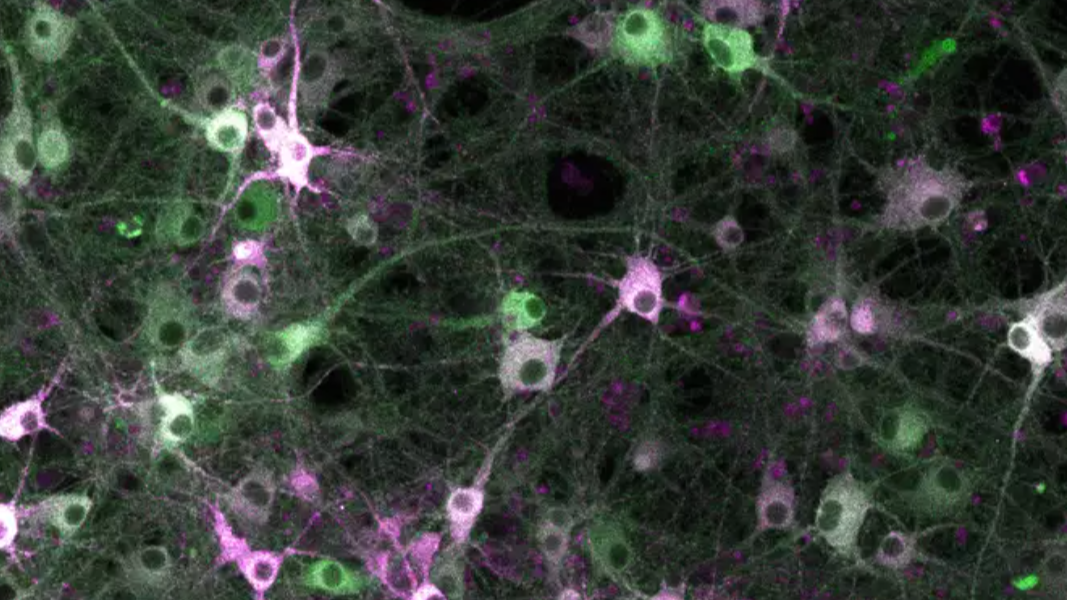New Publication from CeMOS: Exploring the Aβ Plaque Microenvironment in Alzheimer’s Disease Model Mice by Multimodal Lipid-Protein-Histology Imaging on a Benchtop Mass Spectrometer

Müller, E.; Enzlein, T.; Niemeyer, D.; von Ammon, L.; Stumpo, K.; Biber, K.; Klein, C.; Hopf, C. Exploring the Aβ Plaque Microenvironment in Alzheimer’s Disease Model Mice by Multimodal Lipid-Protein-Histology Imaging on a Benchtop Mass Spectrometer. Pharmaceuticals 2025, 18, 252. https://doi.org/10.3390/ph18020252
Abstract
Amyloid-β (Aβ) plaque deposits in the brain are a hallmark of Alzheimer’s disease (AD) neuropathology. Plaques consist of complex mixtures of peptides like Aβ1–42 and characteristic lipids such as gangliosides, and they are targeted by reactive microglia and astrocytes. Background: In pharmaceutical research and development, it is a formidable challenge to contextualize the different biomolecular classes and cell types of the Aβ plaque microenvironment in a coherent experimental workflow on a single tissue section and on a benchtop imaging reader. Methods: Here, we developed a workflow that combines lipid MALDI mass spectrometry imaging using a vacuum-stable matrix with histopathology stains and with the MALDI HiPLEX immunohistochemistry of plaques and multiple protein markers on a benchtop imaging mass spectrometer. The three data layers consisting of lipids, protein markers, and histology could be co-registered and evaluated together. Results: Multimodal data analysis suggested the extensive co-localization of Aβ plaques with the peptide precursor protein, with a defined subset of lipids and with reactive glia cells on a single brain section in APPPS1 mice. Plaque-associated lipids like ganglioside GM2 and phosphatidylinositol PI38:4 isoforms were readily identified using the tandem MS capabilities of the mass spectrometer. Conclusions: Altogether, our data suggests that complex pathology involving multiple lipids, proteins and cell types can be interrogated by this spatial multiomics workflow on a user-friendly benchtop mass spectrometer.




